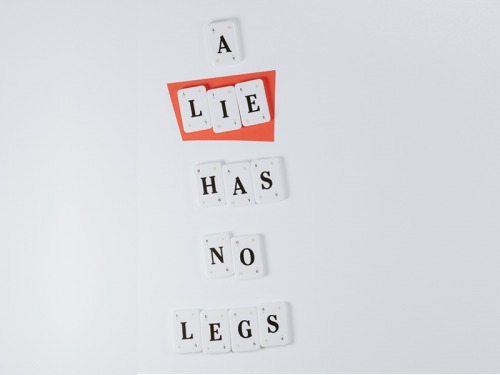How to Take Back Control of Your Mental Health and Manage Everyday Stress

Self-Care is Health Care
These days it seems easier to turn on the news or scroll through social media and believe the world is ending as you listen to, or read about the endless updates on war in Ukraine, the pandemic, energy prices, food shortages… the list is endless. Over the past few decades, the fortunate among us have recognised the hazards of living with an overabundance of food (obesity, diabetes) and have started to change our diets. But most of us do not yet understand that the constant barrage of news updates is to the mind what sugar is to the body. It is bad for you!
News is easy to digest but it pollutes many minds with negativity and paranoia.
The constant stream of sensational or ‘disaster’ reporting, whether we are exposed actively or passively, can elevate stress levels and trigger symptoms of anxiety, depression, and lack of sleep. It is no secret that the Covid-19 pandemic affected our mental health, and this additional daily grind of 24-hour news or social media stories can really get you down.
Read More: Why Self-Care is Not Selfish and How Taking Care of Yourself Allows You to Take Care of Those You Love
The consequence of this additional anxiety and stress for many people is dire. In a recent poll of 8,000 UK adults, conducted by Nuffield Health, researchers found 66 percent of people would not share their mental health struggles with others, and over a third of the respondents were experiencing work-related mental health concerns such as depression, anxiety, anger, and lack of motivation.
There is hope! We need to take back control of our mental health and the first step to that is self-care. Stress is the trash of modern-day life that we all generate and if we do not dispose of it properly, it will pile up and overtake our lives. The root cause of this stress is that we are burning too much energy and we are not investing enough in care for ourselves.


In other words, we are burning more fuel than we have in the tank. You know when a computer does not work, we are often told to unplug it to get it working again and this unplug works most of the time. Well, the same applies to us. We must unplug to reset. Our emotional pain is not something that should be constantly running hot. Unplugging it cools it down.
The second step to taking back control of our mental health is talking about it. In my experience with working with thousands of diverse people I have found that there are truths in our pain, and there is the potential for growth in our pain. However, nothing changes until something changes and nothing will happen until we are prepared to talk about our pain in an open manner.
Because happiness can be found even in the darkest of times, if one only remembers to turn on the light. I say again and again, when you look at tragic situations, look beyond the trauma as there are always helpers and listeners. Always good people there to help and to listen.
In AA Milne’s Winnie the Pooh, Piglet tells us that sharing is caring, and that sharing sometimes is just being there for other people. So never lose sight of hope. Hope is there, even when your brain tells you it is not, because one small crack does not mean that you are broken, it means that you were put to the test, and you didn’t fall apart.

There are five initial steps I advise people to start with which will help them prime themselves for happiness down the line.
1. Talk, talk, talk! What mental health needs is more sunlight, more candour, and more unashamed conversation.
2. Get active. Exercise not only changes your body, it also changes your mind, your attitude, and your mood.
3. Quality sleep. My mother told me to follow my dreams, so I took a nap. The best bridge between despair and hope is a good night’s sleep.
4. Discard negative relationships. Do not let those with dirty shoes trample through your brain.
5. Being mindful for just a few minutes a day teaches us that everything changes, making it easier to have hope in dark moments.
While it can be incredibly tempting to take perceived shortcuts in life, do not deploy this thinking when it comes to your mental health. Do not accept the pressure to put your problems in the past tense. The advice I would give to somebody that is silently struggling is:
You don’t have to live that way.
You don’t have to struggle in silence.
You can be un-silent.
Read More: How to Live Life to the Full
Get help. You can live well with a mental health condition, as long as you open up to somebody about it, because it is really important you share your experience with people so that you can get the help that you need. You don’t have to be positive all the time. It is perfectly okay to feel sad, angry, annoyed, frustrated, scared and anxious. Having feelings does not make you a negative person. It makes you human.
Mental health problems do not define who you are. They are something you experience. ‘You walk in the rain, and you feel the rain, but you are not the rain.’ – Matt Haig
Dr Maurice Duffy is Visiting Professor at Sunderland, consulting coach to the NHS, the Australian cricket team, Durham Cricket Club, international golfers, rugby and many sports people, and also coaches many senior FTSE 100 business leaders and politicians around the world. Find out more at www.mauriceduffy.com or follow him on twitter @thebeaksquawks










